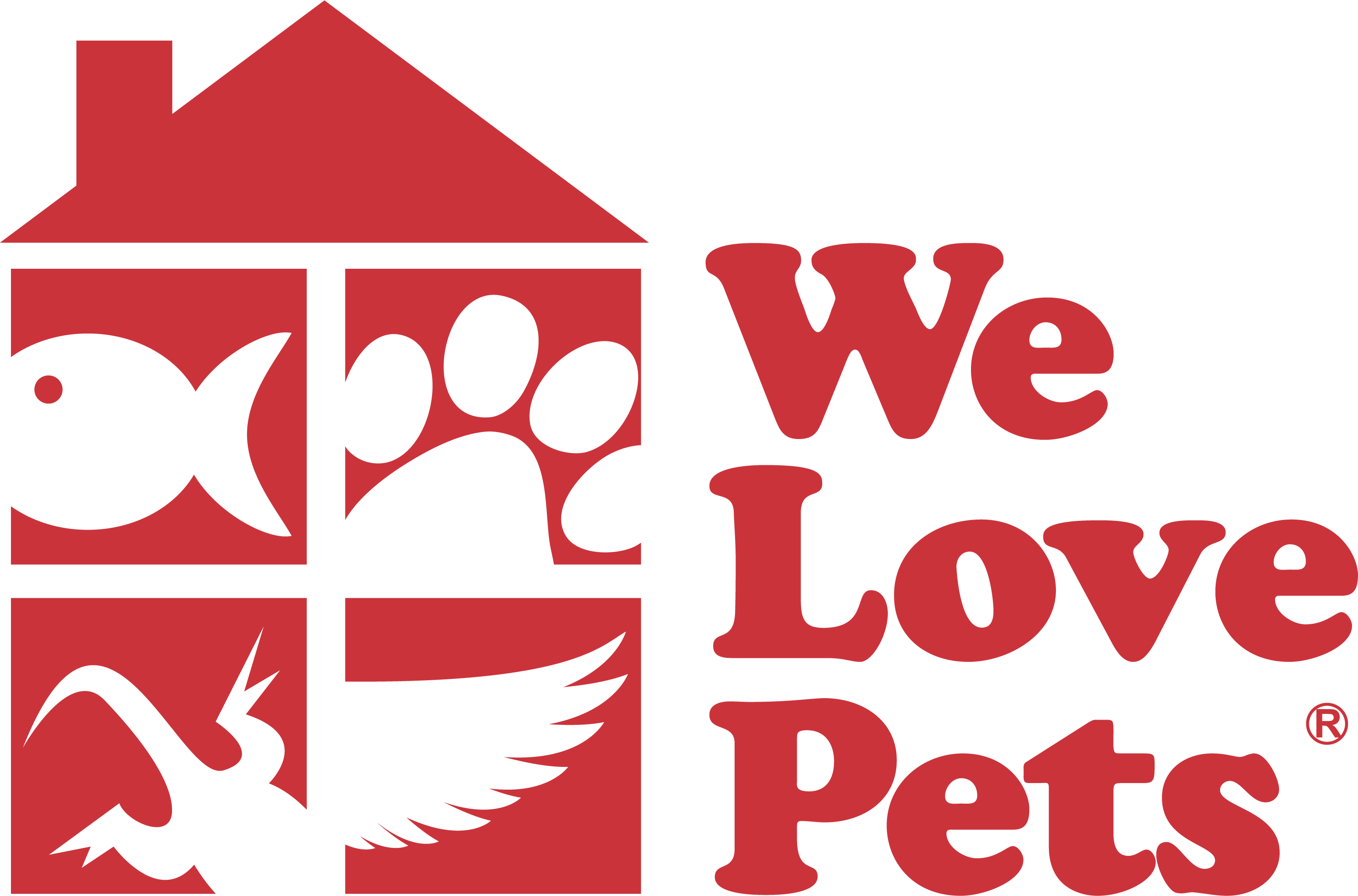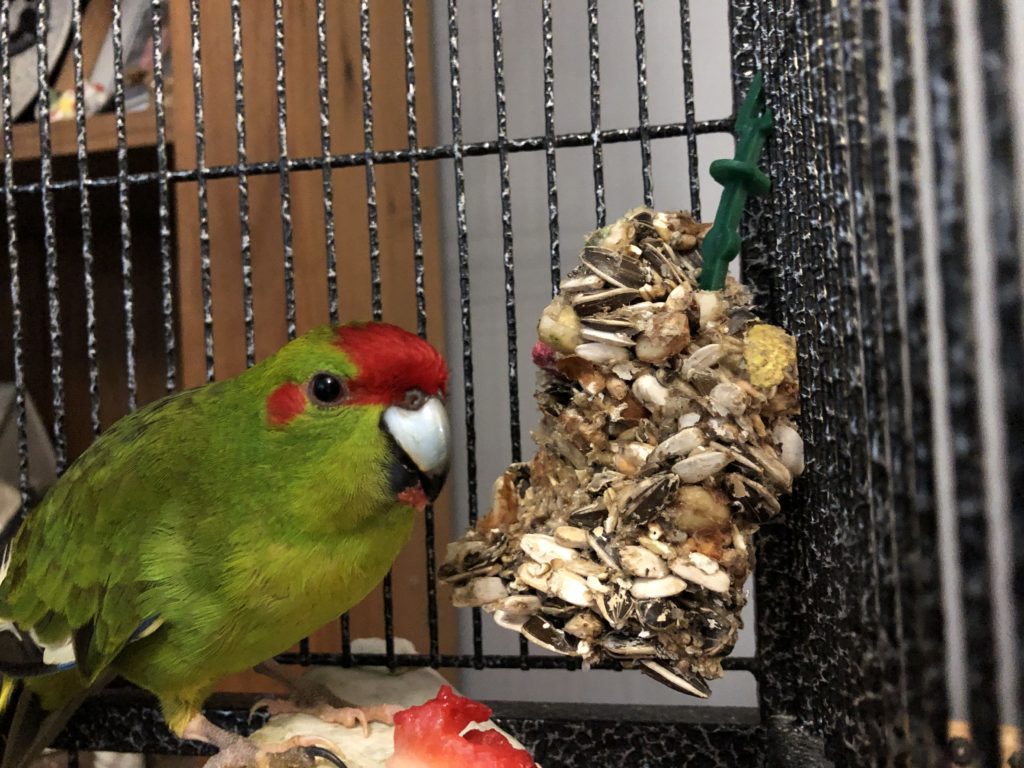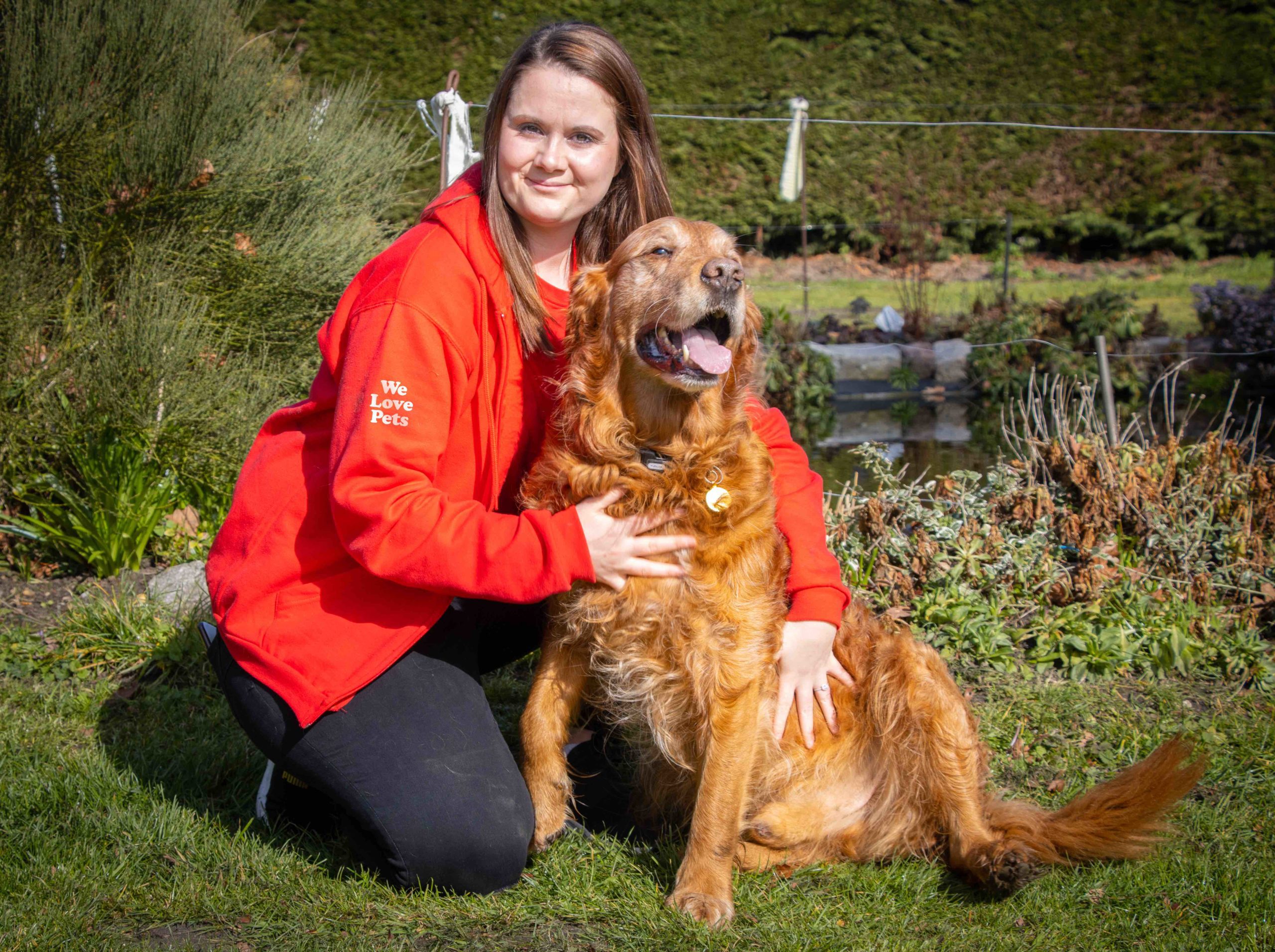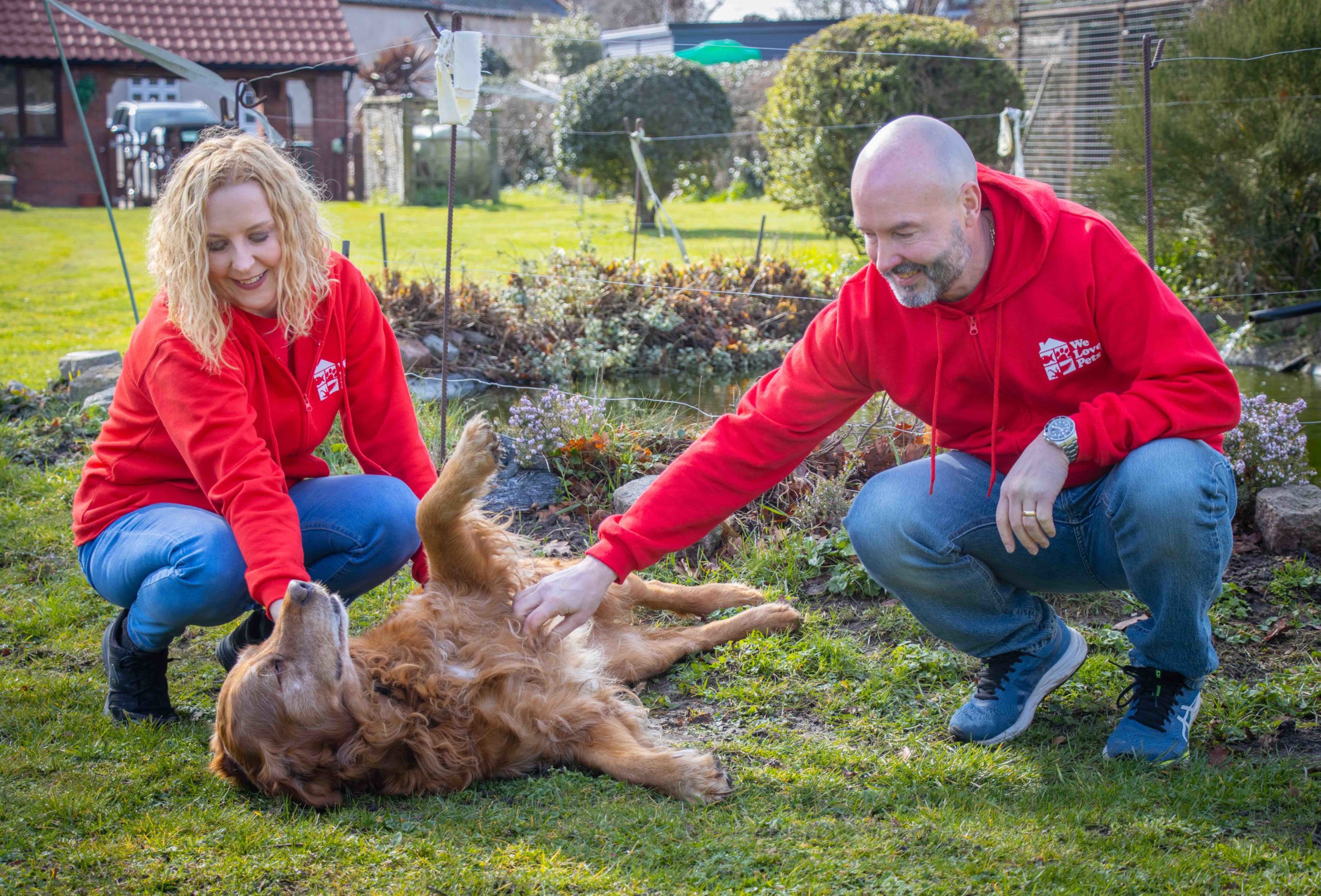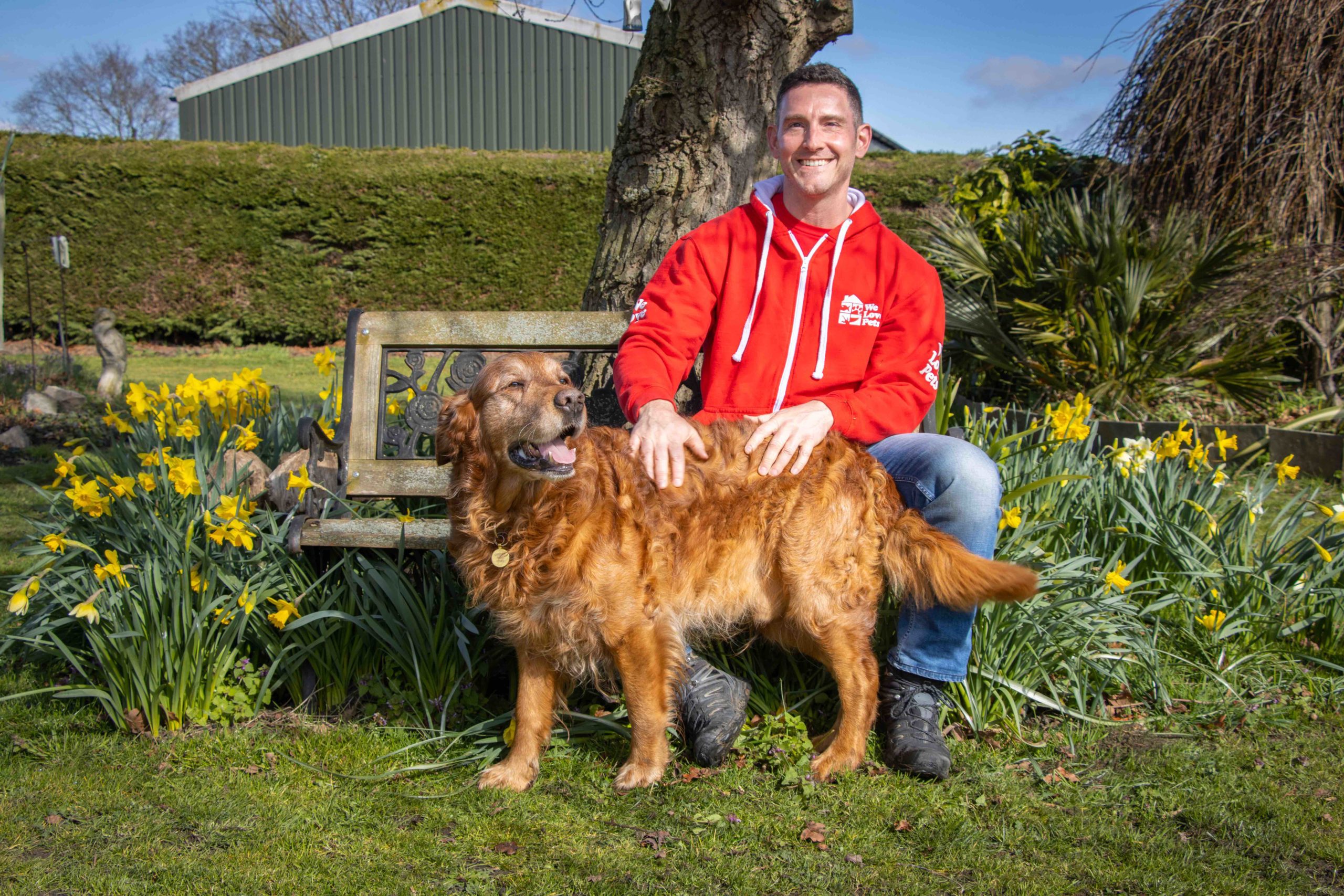Many people think that birds can eat everything and anything and often assume that they can be used as waste disposal for any snacks we don’t want to finish, but there’s actually a lot of human food that can seriously harm your bird!
From salty foods to even some fruits and vegetables, there is lots to think about when feeding birds human food. Especially when some of the effects include poisoning and cardiac arrest. If you’re a little uncertain about foods you shouldn’t give your pet birds, here is a list of foods your pet birds shouldn’t be eating and the debunking of a few bird food myths.
Chocolate
A common problem food for many animals. Chocolate affects the digestive system of birds, possibly causing diarrhoea and inducing vomiting.
Apple seeds
While the flesh of an apple is perfectly fine for your bird to eat, the seeds contain a small amount of cyanide, which is obviously not good for your pet! The skin of apples, too, could potentially have toxins from pesticides sprayed on them, so make sure to thoroughly wash them before giving them to your birds.
Salt
Eaten in excess, the sodium in salt can lead to dehydration, kidney dysfunction and even death. This doesn’t just mean they must pass on a handful of chips doused in salt, but also foods like cheese, pasta cooked in salted water, and lots of Asian cuisines can be quite salty for birds.
Avocado
Another surprising fruit that is a common problem for animals. Avocados contain ‘persin’, which is toxic and can cause respiratory distress and sudden death. The flesh, skin and seeds contain levels of this, so your pet should not be given any part of this fruit.
Mushrooms
Sadly, mushroom risotto is off the menu for our birdy friends. Mushrooms cause digestive issues for birds, and the stems and caps can potentially lead to liver failure.
Tomato leaves
While the fruit itself is a lovely treat for your bird, the vines, stems and leaves are highly poisonous to birds.
Caffeine
Teas, coffees and high cocoa content chocolate are all things that have a high caffeine content and things that, unfortunately, your bird might try to dive right into while your head is turned! The caffeine in these foods and drinks can cause cardiac arrest and heartbeat increase, which is dangerous.
Onions
Onions and garlic, and similar bulb foods can lead to vomiting and diarrhoea. Continued consumption of them can lead to haemolytic anaemia, and in worst-case scenarios is respiratory distress and death.
Dried beans
This might be surprising as seeds are great for birds to eat, but dried beans contain hemagglutinin which is toxic to birds. However, fully cooked beans are fine.
Alcohol
This shouldn’t come as much of a surprise, but birds shouldn’t be drinking in front of the TV with you! Alcohol damages internal organs for birds, and since they have such fragile systems anyway, this damage can often cause illness and pain for your pet.
With these potentially dangerous bird foods listed, it’s time to debunk some common bird feeding myths.
“Pellets are superior to seeds for your pet birds.”
Both seeds and pellets are nutritious foods, and one is not better than the other as long as you’re feeding them in conjunction with fruits and vegetables as well. Often they need supplements alongside their food too. Seeds fulfil a bird’s natural instinct to “work” for their food since it makes them use their beaks to break open the seed. Pellets are easier to use and require less clean up since it’s less messy to eat them. Ask your avian veterinarian for advice on what your specific pet bird needs.
“Sunflower seeds are addictive to pet parrots.”
Nope! Parrots just like sunflower seeds. There’s nothing in sunflower seeds that can cause an addiction, but they do taste nice and require the instinctual beak working action that parrots like. Think about how easy it is to finish a whole bag of popcorn with those repetitive movements during a film, same concept, different species!
“Birds love spaghetti!”
Perhaps, but they shouldn’t, really. If your pet loves to eat a bit of your pasta, make sure it’s cooked in unsalted water and doesn’t contain salty ingredients like olives, anchovies, cheese, ham or processed meats. White sauces, like Alfredo, consists mainly of cream and butter, which can be a problem. Tomato-based sauces without any meat in them should be okay. Ask your avian vet for further advice.
“You can just feed them leftovers.”
Obviously, there’s that list of foods they shouldn’t eat at all, but even safe food leftovers should be given to your bird in caution. Make sure to reheat any leftovers to kill any bacteria that might have grown on the food as it cools down. Since these bacteria could potentially seriously harm your bird. You should also remove any uneaten portions from your bird’s dish after an hour for the same reason. You should also obviously make sure that the food has cooled sufficiently before giving it to your bird so as not to burn them.
